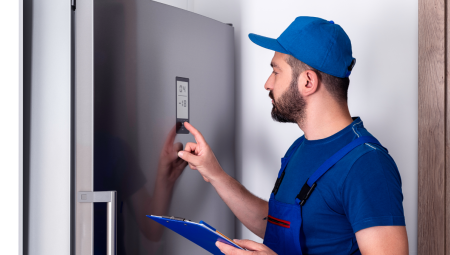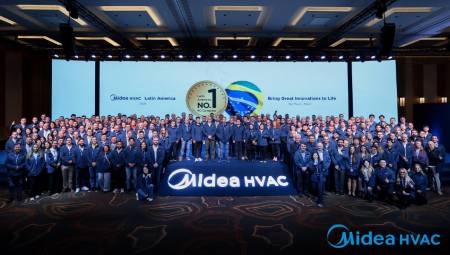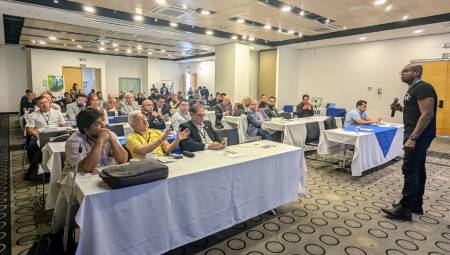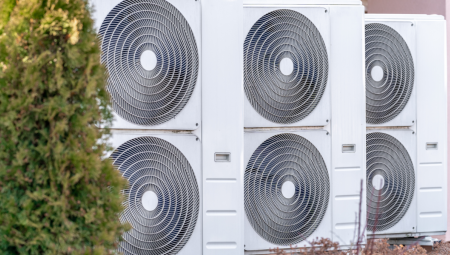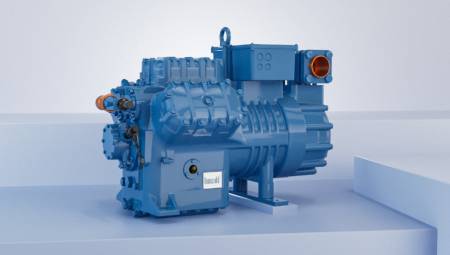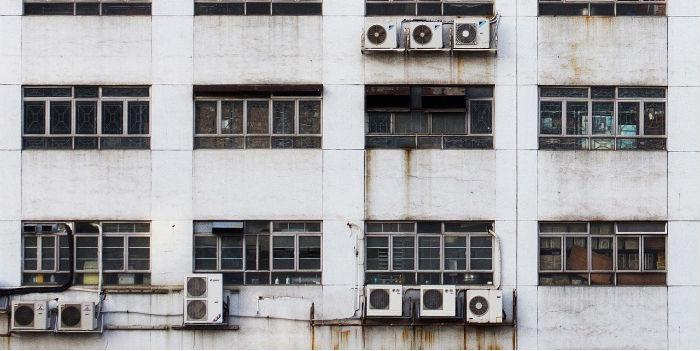 International. The growing use of air conditioners (AC) in homes and offices around the world will be one of the main drivers of global electricity demand over the next three decades, according to a new analysis by the International Energy Agency that emphasizes the urgent need for policy measures to improve refrigeration. efficiency.
International. The growing use of air conditioners (AC) in homes and offices around the world will be one of the main drivers of global electricity demand over the next three decades, according to a new analysis by the International Energy Agency that emphasizes the urgent need for policy measures to improve refrigeration. efficiency.
A new IEA report – "The Future of Cooling" – shows that without new efficiency standards, the world will face a "cold contraction" of cooling demand growth in the coming decades. Global energy demand from air conditioners is expected to triple by 2050, requiring new electricity capacity equivalent to the combined electrical capacity of the United States, EU and Japan today.
The global stock of air conditioners in buildings will grow to 5.6 billion by 2050, up from 1.6 billion today, which equates to 10 new CAs sold per second over the next 30 years, according to the report.
Using air conditioners and electric fans to stay cool already accounts for about one-fifth of the total electricity used in buildings worldwide, or 10% of all global electricity consumption today. But as incomes and living standards improve in many developing countries, the growth in CA demand in hotter regions will skyrocket. AC use is expected to be the second largest source of electricity demand growth globally after the industry sector, and the strongest engine for buildings by 2050.
Supplying power to these CAs has large costs and environmental implications. A crucial factor is that the efficiency of these new CAs can vary widely. For example, CAs sold in Japan and the European Union are typically 25% more efficient than those sold in the United States and China. Efficiency improvements could halve the growth in AC power demand through mandatory energy performance standards.
"The growing demand for electricity for air conditioning is one of the most critical blind spots in the current energy debate," said Dr. Fatih Birol, Executive Director of IEA. "With rising revenues, air conditioning ownership will skyrocket, especially in the emerging world. While this will provide greater comfort and improve everyday life, it is essential that efficiency performance is prioritized for CAs. The standards for most of these new CAs are much lower than they should be."
The report identifies key policy actions. In an Efficient Cooling Scenario, which is compatible with the goals of the Paris Agreement, the IEA finds that through strict minimum energy performance standards and other measures such as labeling, the average energy efficiency of the Acs stock worldwide could more than double between now and 2050. This would greatly reduce the need to build a new electricity infrastructure to meet the growing demand.
Making refrigeration more efficient will also generate multiple benefits, making it more affordable, safer and more sustainable, and saving up to $2.9 trillion in investment, fuel and operating costs.
Increased demand for refrigeration will be particularly important in the warmer regions of the world. Today, less than a third of the world's homes have an air conditioner. In countries like the United States and Japan, more than 90% of homes have air conditioning, compared to just 8% of the 2.8 billion people living in the warmest parts of the world.
The problem is particularly sensitive in the fastest-growing nations, with the largest increase in warm countries such as India, where AC's share of peak electricity load could reach 45% by 2050, up from 10% today without action. This will require large investments in new power plants to meet peak energy demand at night, which cannot be met by solar PV technology.
"Setting higher efficiency standards for cooling is one of the easiest steps governments can take to reduce the need for new power plants, while allowing them to reduce emissions and reduce costs," Dr. Birol said.
"The Future of Cooling" is the IEA's second report focusing on the "blind spots" of the global energy system, following the "Future of Trucks," which was launched in July 2017. The next in this series – "The Future of Petro-Chemicals" – will examine ways to build a more sustainable petrochemical industry. It will be released in September.
Source: International Energy Agency.




